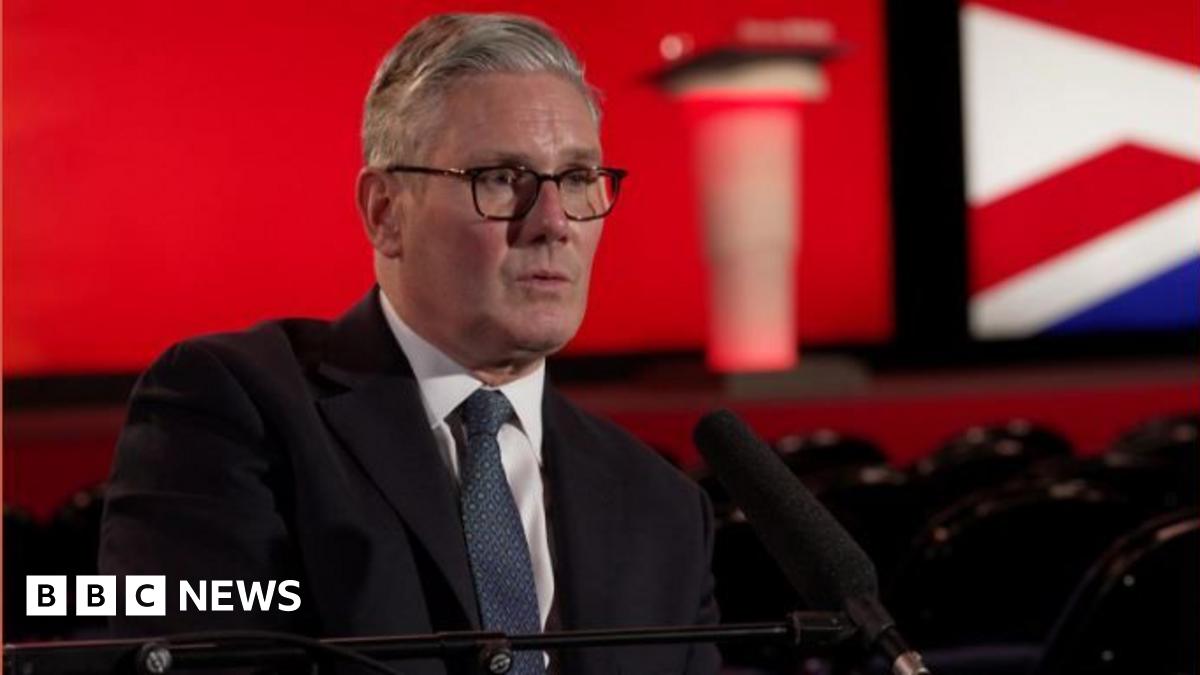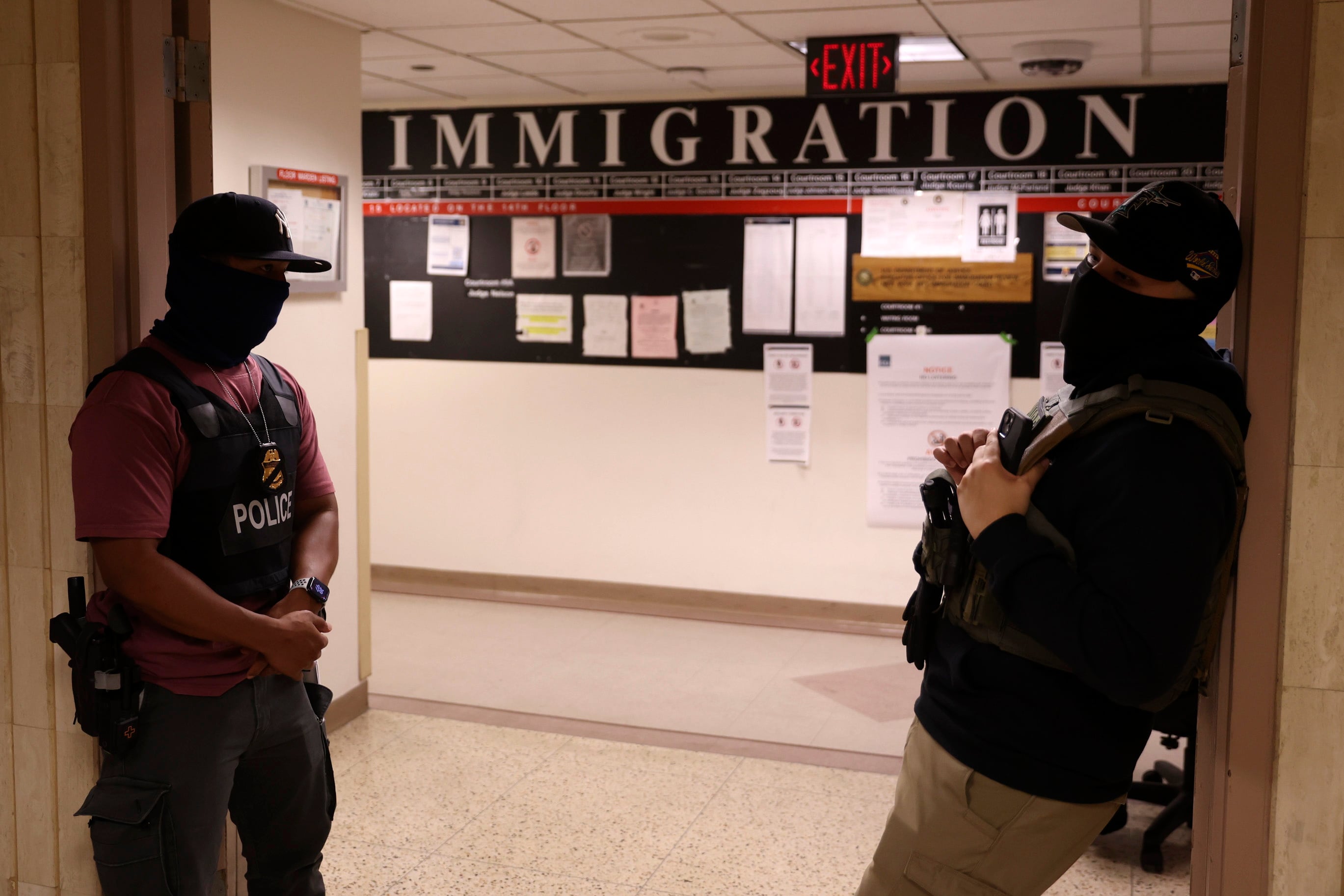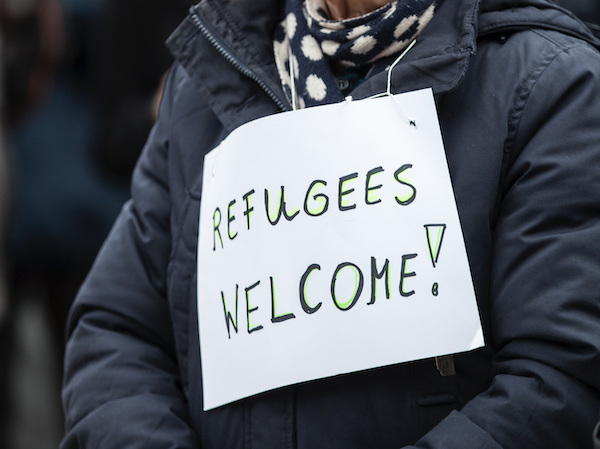Starmer to Re-examine International Law Interpretation in Asylum Cases
Sir Keir Starmer, the UK Prime Minister, has stated his intention to re-examine how international law is interpreted in asylum cases. This move aims to address instances where unsuccessful asylum seekers block deportation by citing concerns over prison or healthcare conditions in their home countries. He clarified that while not seeking to "tear down" human rights laws, a review of Article 3 of the European Convention on Human Rights (ECHR), which protects against torture and degrading treatment, is necessary.
Focus on Mass Migration and Asylum Claims
The Prime Minister emphasized that recent mass migration trends necessitate a change in the interpretation of international laws. However, he affirmed his commitment to granting asylum to those "genuinely fleeing persecution." This statement follows the Home Secretary's announcement of plans to tighten rules for migrants seeking indefinite leave to remain.
The Brazilian Paedophile Case and International Law
During an interview with Radio 4's Today programme, Sir Keir was questioned about the specific example of a Brazilian paedophile who successfully argued against deportation, claiming worse treatment in a Brazilian prison compared to a British one. Sir Keir differentiated between deportation leading to "summary execution" and deportation to countries with differing healthcare or prison conditions. He further stated that the UK courts need to "look again at the interpretation" of a wide range of international laws, emphasizing that laws must be "applied in the circumstances as they are now."
Potential Barriers to Deportation
When pressed for details on obstacles preventing the deportation of foreign criminals, Sir Keir cited Articles 3 and 8 of the ECHR, which address torture and the right to private and family life. He expanded on this, noting the potential influence of the UN's Refugee Convention, Torture Convention, and Convention on the Rights of the Child.
Expert Perspectives on the Issue
Leading human rights lawyer Shami Chakrabarti weighed in, stating that cases where courts block removals due to inhuman and degrading treatment are "very very rare." She challenged the notion that a worse situation in the home country automatically qualifies as inhuman and degrading treatment under UK court standards: "To say that it's inhuman and degrading because the situation is worse back home than it is in the UK has never been the test that has been employed by the UK courts."
Broader Context and Political Considerations
The Prime Minister's comments come in the context of ongoing efforts to tighten immigration rules. Previous initiatives include the government's immigration white paper promising legislation to "clarify" how the right to a family life applies in immigration cases. Sir Keir's remarks also follow a Labour conference focused on confronting Reform UK, positioning Labour as a party of "tolerant, decent" patriotism and addressing challenges to his leadership.
Addressing Internal Challenges and Key Priorities
Addressing questions about internal challenges to his leadership, Sir Keir expressed confidence in his ability to overcome obstacles. He emphasized his focus on improving the country and stated his commitment to lowering energy costs and addressing issues like youth unemployment due to mental health problems.
 Visit the website
Visit the website






